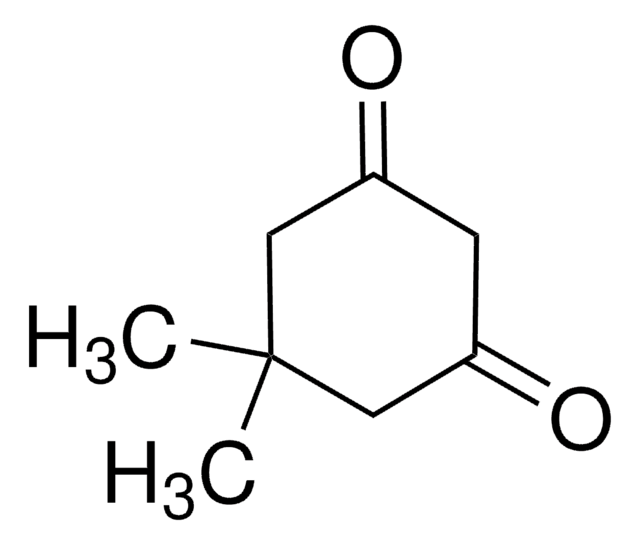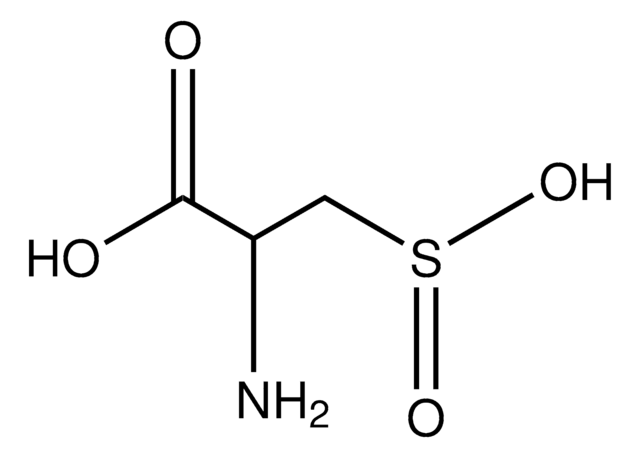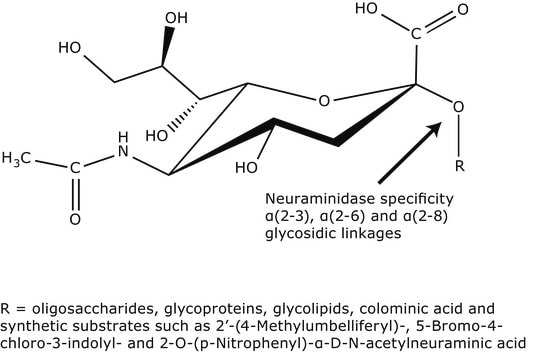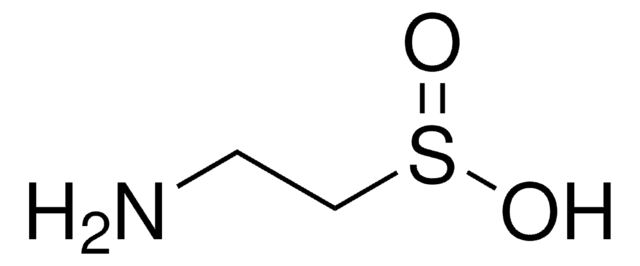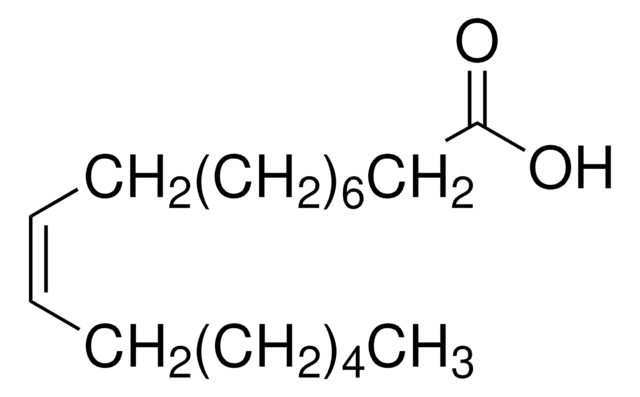ABS30
Anti-Sulfenic Acid Modified Cysteine (2-Thiodimedone-Specific Ig) Antibody
serum, from rabbit
Sinônimo(s):
Sulfenic Acid Modified Cysteine (2-Thiodimedone-Specific Ig)
About This Item
Produtos recomendados
fonte biológica
rabbit
Nível de qualidade
forma do anticorpo
serum
tipo de produto de anticorpo
primary antibodies
clone
polyclonal
reatividade de espécies
human, mouse, rat
reatividade da espécie (prevista por homologia)
all
técnica(s)
western blot: suitable
Isotipo
IgG
Condições de expedição
wet ice
modificação pós-traducional do alvo
unmodified
Descrição geral
Especificidade
Imunogênio
Aplicação
Qualidade
Western Blot Analysis: 01:1,000 dilution of this antibody detected sulfenic acid modified proteins on 10 µg of rat ventricular myocyte lysate.
Descrição-alvo
Não está encontrando o produto certo?
Experimente o nosso Ferramenta de seleção de produtos.
Código de classe de armazenamento
10 - Combustible liquids
Classe de risco de água (WGK)
WGK 1
Certificados de análise (COA)
Busque Certificados de análise (COA) digitando o Número do Lote do produto. Os números de lote e remessa podem ser encontrados no rótulo de um produto após a palavra “Lot” ou “Batch”.
Já possui este produto?
Encontre a documentação dos produtos que você adquiriu recentemente na biblioteca de documentos.
Nossa equipe de cientistas tem experiência em todas as áreas de pesquisa, incluindo Life Sciences, ciência de materiais, síntese química, cromatografia, química analítica e muitas outras.
Entre em contato com a assistência técnica